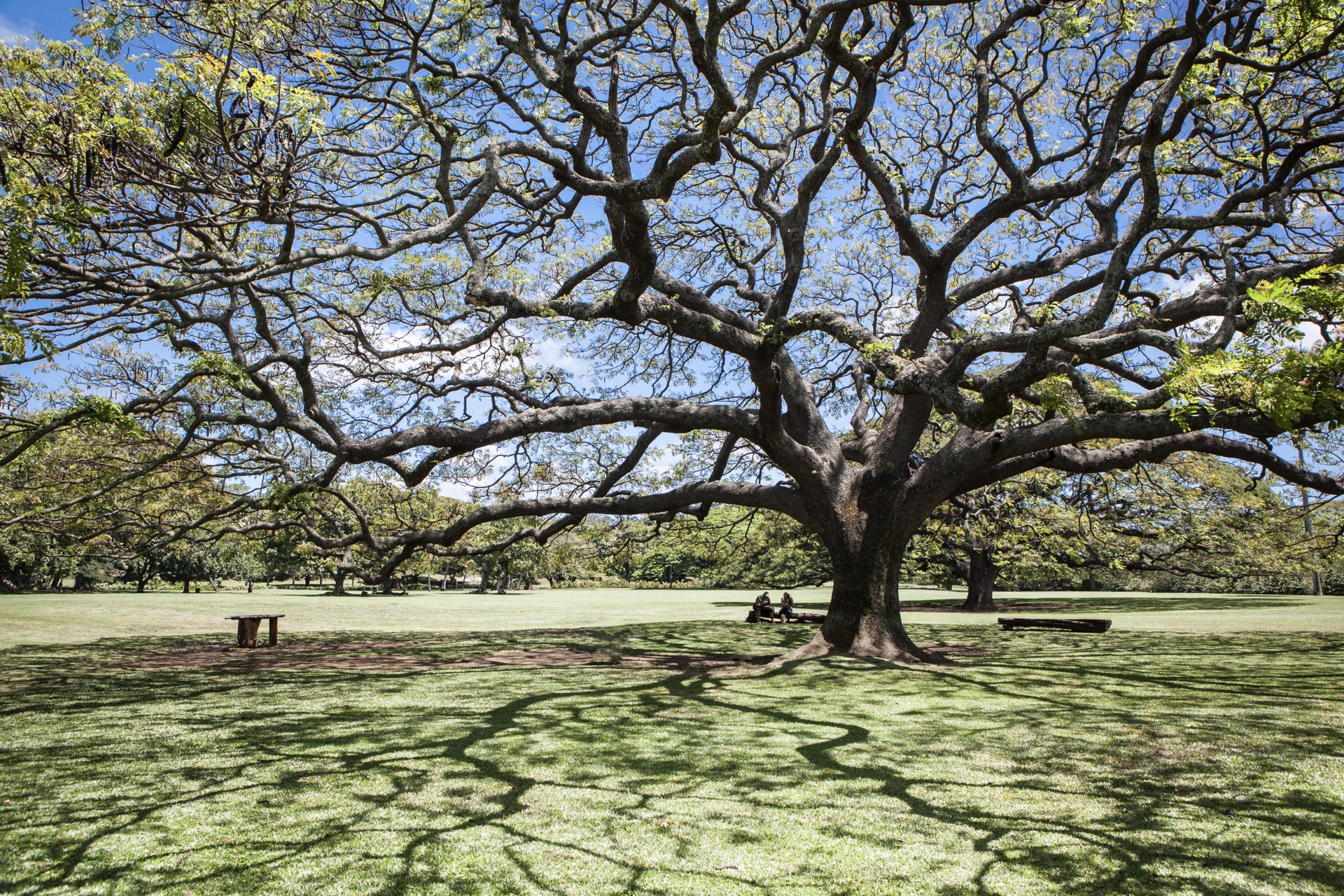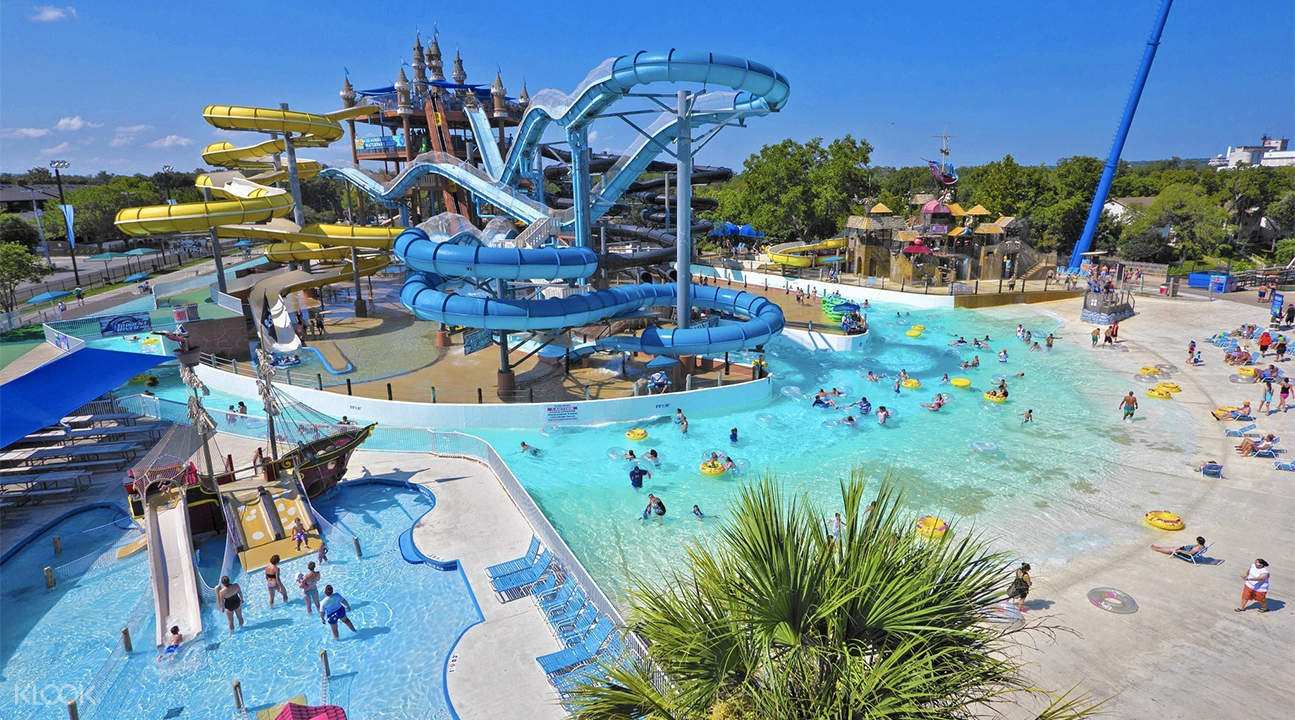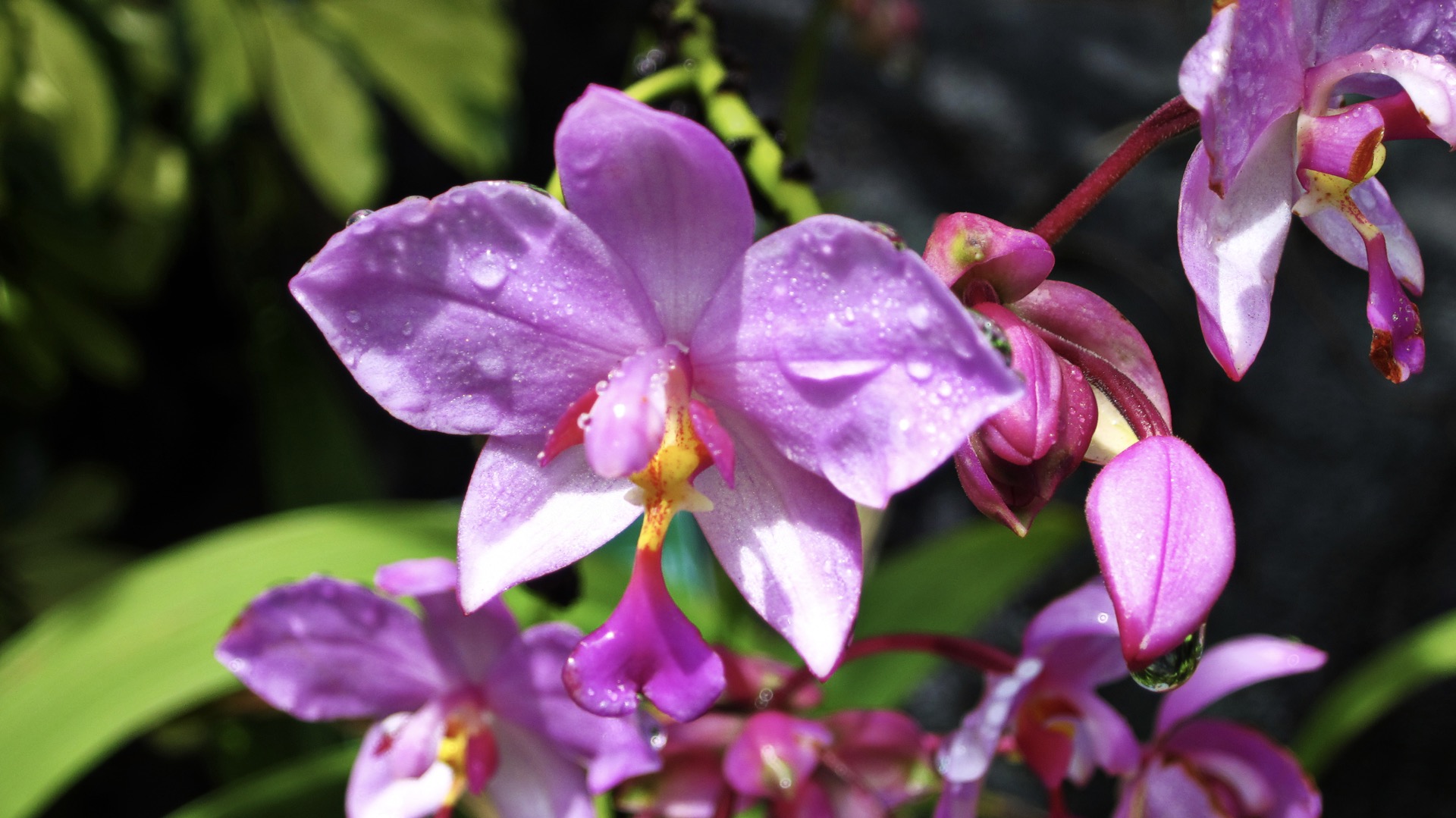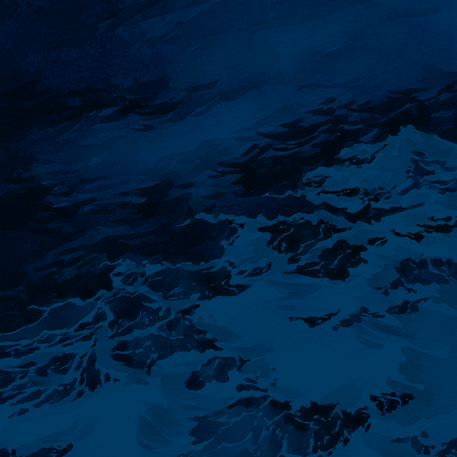Explore Kaiaka Bay Beach Park
Kaiaka Beach Park is located near the coast of the Wailua River, just west of the famous town of Hale'iwa. It has good fishing and surfing, but it's not the best place to swim in most seasons. This beach has seven campsites, one comfort station, and outdoor showers.
The seaside park's 53-acre size is ideal for pick-up softball or soccer games. Because it is situated back from the road, it is a peaceful park. The beach is called Kaiaka, which translates to "shadowy sea" in Hawaiian, since the runoff from the Wailua River and the oxide-rich soil of the volcanic highlands veil the seas offshore. The east end of the peninsula has a sandy beach that is suitable for swimming, while the west side is not as good due to river runoff. In the distance, the Wai'anae Mountains may be seen.
On-site, there is a balancing rock known as Pohaku Lan'i, which tradition has it swept ashore from the mythical country of Kahiki. Hawaiian chiefs used to come here to worship their native deity. It was subsequently utilized as a watchtower for fishermen. There is no privacy between sites, no barbecues, and just a few frills—but at least you can wake up on the North Shore's beaches in bliss. The sunsets at Kaiaka Bay Beach Park Oahu are better than the sunrises, although the mornings are spectacular to catch before the people arrive.
The park offers views of the magnificent Waianae Mountains as well as the beaches and shoreline of Haleiwa. You may also see the balancing rock, which is a large mushroom-shaped stone. According to legend, the rock washed ashore from the faraway country of Kahiki. Pohaku Lana'i is the Hawaiian name for the balancing rock.
There is a picnic area, a camping area, and parking at Kaiaka Bay Beach Park. There are no lifeguards, and surfing is often played. A permission is needed for camping, which is mainly found on the peninsula's northern end. If you want to spend time in the region, you should bring sunscreen, sunglasses, and an umbrella since there is no shade. The majority of camp visitors are local families.








